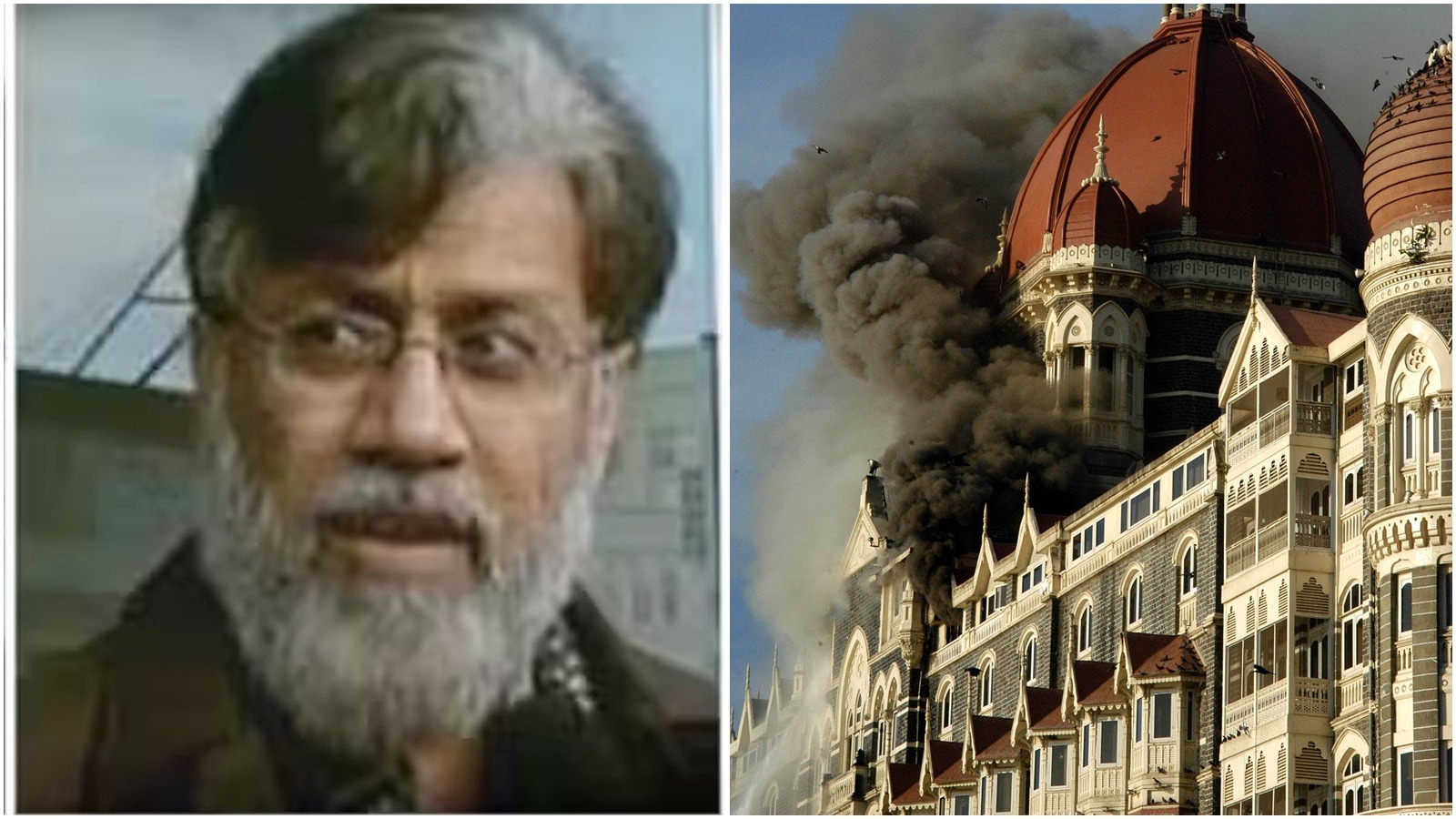 |
|
The US Supreme Court's denial of Tahawwur Rana's petition marks a significant milestone in the ongoing pursuit of justice for the victims of the 2008 Mumbai terror attacks. Rana, a Pakistani-Canadian national, has been implicated in aiding and abetting the attacks, primarily through his association with David Headley, a key operative of the Lashkar-e-Taiba (LeT). The decision concludes a protracted legal battle that spanned years, involving multiple courts and numerous appeals. The Supreme Court's ruling effectively clears the final legal hurdle preventing Rana's extradition to India, where he faces prosecution for his alleged role in the devastating attacks that claimed the lives of hundreds of innocent civilians and left an indelible mark on the nation's psyche.
Rana's journey through the US legal system has been complex and multifaceted. While convicted in 2011 in the US for providing material support to the LeT concerning the Mumbai attacks and a separate plot targeting a Danish newspaper, he was acquitted of the more serious charge of directly supporting the Mumbai attacks themselves. This conviction, however, did not preclude his extradition to India, where the evidence against him is seemingly sufficient to warrant prosecution under Indian law. The legal proceedings highlighted the intricacies of international legal cooperation in terrorism cases, involving considerations of evidence admissibility, jurisdictional issues, and the mutual legal assistance treaties between the US and India.
The extradition process itself has been a subject of meticulous planning and coordination between Indian and US authorities. Meetings between representatives from both countries' investigative agencies and legal departments focused on logistical and procedural aspects of transferring Rana to India, including the arrangements for his detention and security upon his arrival. These preparations underscore the seriousness with which both governments are treating this extradition, highlighting the importance of bringing those involved in the 26/11 attacks to justice. The case represents a significant example of international collaboration in counter-terrorism efforts and reflects a commitment to holding accountable individuals who support terrorist activities, regardless of their nationality or location.
David Headley's conviction and testimony have played a crucial role in building the case against Rana. Headley's detailed accounts of his reconnaissance activities in Mumbai, his close relationship with Rana, and the assistance he received from Rana's immigration consultancy firm, all contributed to the evidence presented in the extradition proceedings. The coordination between US and Indian investigators has been instrumental in gathering and sharing evidence, demonstrating a concerted effort to ensure a successful prosecution of Rana. The evidence presented illustrates the interconnectedness of global terrorism and the need for international collaboration in addressing this complex security threat.
The long-awaited extradition of Tahawwur Rana is a testament to the perseverance of both the Indian and US governments in their pursuit of justice. The case has far-reaching implications for international counter-terrorism efforts, illustrating the crucial role of international cooperation in bringing those responsible for acts of terrorism to account. It underlines the determination of nations to hold individuals accountable for their roles in supporting terror organizations and perpetrating heinous acts of violence against innocent civilians. The successful extradition sends a strong message that perpetrators of terrorism will not find sanctuary anywhere in the world and that they will ultimately face justice for their actions.
The implications of this case extend beyond the prosecution of Tahawwur Rana. It sets a precedent for future cases involving international cooperation in the fight against terrorism. The seamless transfer of evidence and the coordination between the US and Indian authorities demonstrate a successful model for prosecuting individuals involved in transnational crimes. This case, undoubtedly, will inform future strategies in combating terrorism and holding perpetrators accountable, irrespective of geographical boundaries. The precedent set by this case will strengthen international legal frameworks designed to address global terrorism and to prevent future acts of terror.
Beyond the legal ramifications, the extradition holds profound significance for the victims of the 26/11 attacks and their families. The prospect of seeing one of those implicated in the horrific events brought to justice offers a measure of closure and validation. The successful prosecution of Tahawwur Rana will contribute to a sense of accountability and justice, allowing victims and their families to begin processing their traumatic experiences. The case highlights the importance of providing closure to victims and survivors of terrorism and underscores the imperative for governments to effectively address this critical aspect of justice.
In conclusion, the US Supreme Court's decision to deny Tahawwur Rana's petition marks a significant victory for international justice and counter-terrorism efforts. It signifies the successful collaboration between the US and India, showcases a model for future cases involving transnational terrorism, and offers a measure of closure to the victims and their families. The extradition represents a crucial step towards holding accountable those responsible for the devastating 26/11 Mumbai attacks and serves as a reminder of the global resolve to combat terrorism and bring perpetrators to justice.
